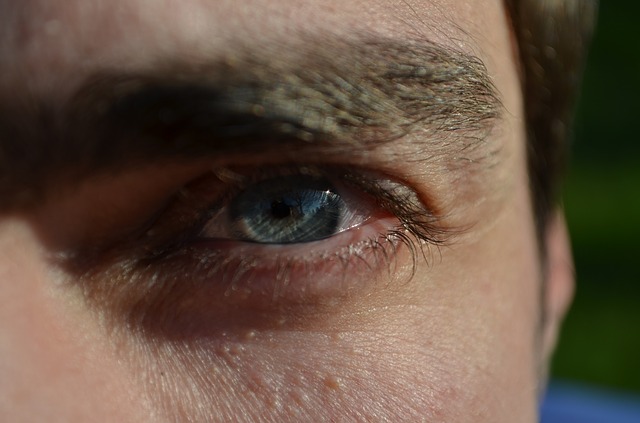There’s some welcome news for people suffering from the chronic eye inflammation uveitis — it’s possible to make the condition lie low using an immune-suppressing drug called Humira (adalimumab).
A new study found that while Humira does not treat uveitis, “it does cause it to become quiet,” according to Dr. Glenn Jaffe, a lead researcher on the study and a professor of ophthalmology at Duke University School of Medicine. Jaffe, also a consultant for Humira’s manufacturer, AbbVie, says,
The hope is while the disease is in a quiet state, the disease activity just burns itself out — but it can also come back.
The US Food and Drug Administration gave Humira approval in June as a treatment for the eye condition, UPI reports.
Uveitis refers to a group of inflammatory diseases in the eye. It can be painful, and can cause loss of vision and even blindness, according to Jaffe. Around 40 in 100,000 people have the condition, which tends to happen in a person’s 20s to 40s.
Corticosteroids are the conventional treatment, but these come with the risk of side effects such as weight gain, mood changes, acne, fatigue and others.
Humira works by reducing inflammation by blocking certain proteins. But the main concern with Humira is that it might promote a higher risk of infections. Doctors have to make sure patients don’t have tuberculosis or multiple sclerosis before taking the drug, Jaffe explains.
When inflammation caused by uveitis is not aggressive, patients are usually treated for two years, and doctors wait to see if the condition has worn itself out. Jaffe says, “This is the first time that we have an FDA-approved drug other than steroids to treat uveitis.”
Jaffe and his team randomly assigned over 200 patients with uveitis to take either an inactive placebo or Humira. The participants took an initial 80-milligram dose followed y 40 milligrams every two weeks. They also received an initial dose of steroid prednisone, which decreased in volume over 15 weeks.
The researchers discovered that those on Humira were less likely to experience sudden flare-ups of inflammation than those on placebo.
Patients taking Humira had an average time to flare-ups of 24 weeks, while those on placebo averaged 13 weeks.
The team also looked for signs of recurring inflammation and found that Humira lessened the rate of flare-ups by half. “Among patients who had a flare-up, it delayed the time to flare-up and it also prevented flare-ups to a significantly greater extent than placebo,” Jaffe says. To add, patients under Humira also experienced fewer vision problems.
The study, funded by AbbVie, was published in the New England Journal of Medicine.
























